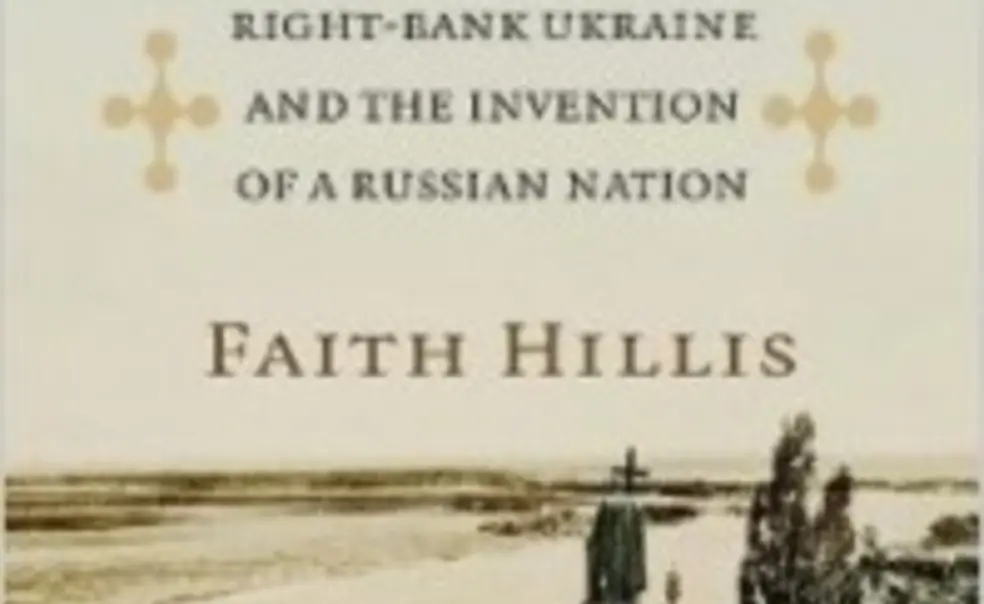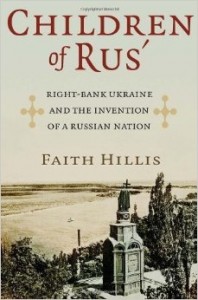Hillis ’02 Studies Russian Nationalism in Ukraine
New book: Children of Rus´: Right-Bank Ukraine and the Invention of a Russian Nation, by Faith Hillis ’02 (Cornell University Press)
The author: Hillis is an assistant professor of Russian history at the University of Chicago. Her focus is on imperial Russia, with a special interest in 19th- and early 20th-century politics, culture, and ideas. In her research and teaching she explores how Russia’s peculiar political institutions — and its status as a multiethnic empire — shaped public opinion and political cultures. This is her first book.
The book: Hillis examines a little-known chapter in the history of tsarist Russia. Looking at the southwestern borderlands of the Russian Empire, an area that today is located in the heart of the state of Ukraine, she uncovers one of the most aggressive and politically successful Russian nationalist movements. Right-bank Ukraine was one of the Russian empire’s last territorial acquisitions and most diverse corners, with few of its residents speaking Russian as their native language or identifying with the culture of the Great Russian interior. Yet the southwest’s Russian nationalists identified as “Little Russians”— Orthodox believers who embraced what we today would understand to be Ukrainian culture while eschewing Ukrainian national separatism.
Opening lines: “Over the course of the long nineteenth century the Russian empire confronted one of the most powerful legacies of the French Revolution: modern nationalism. The Revolution had given birth to the ideal of the civic nation, proclaiming popular sovereignty the universal basis of state power. Exported across Europe in the course of the Napoleonic wars, national ideas galvanized and divided populations. From west to east, scholars, artists, and intellectuals demanded popular sovereignty for people who shared a common language, common physical traits, and a common cultural heritage.”













No responses yet